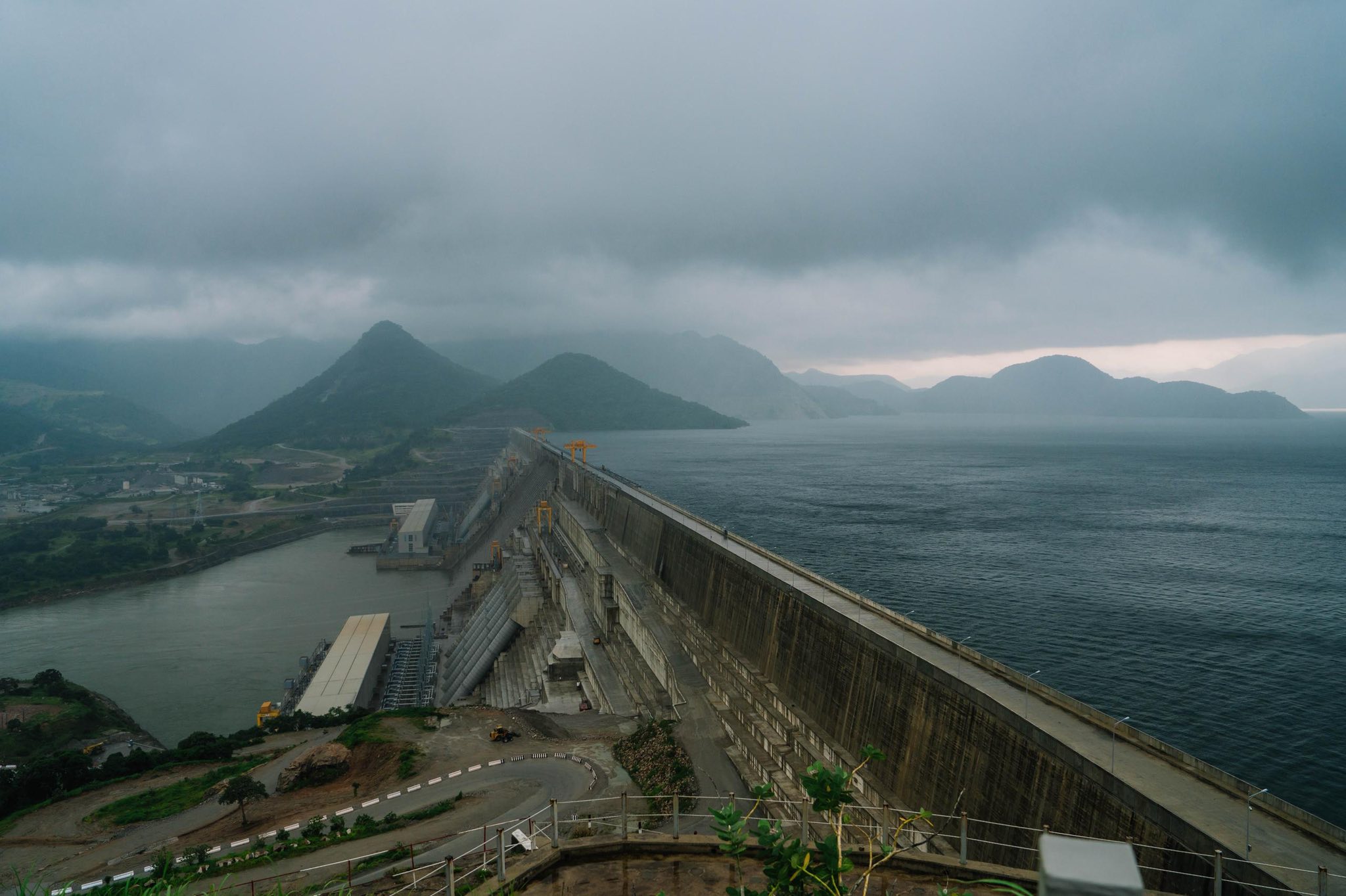Sea Access And Fair Utilization of Abay Water Central to Ethiopia's Destiny - ENA English
Sea Access And Fair Utilization of Abay Water Central to Ethiopia's Destiny

Mola Mitiku
Ethiopia—a nation with over 120 million people and one of Africa's rising economies, needs to secure access to sea on the basis of international law and peaceful means. Landlocked since 1993, the nation has faced enormous economic, logistics, and strategic challenges, straining its growing economy. Hence, obtaining access to the sea for Ethiopia is essential and serious.
Ethiopia shares its water of the Abay River and most of its tributaries with the river basin states. Of course, Ethiopians were deprived of utilizing the share of Abay water by the Egyptian authorities for millennia through overt and covert conspiracies against Ethiopia until the people crossed that mammoth challenge with firm determination, perseverance, steadfastness and resilience to construct the Grand Ethiopian Renaissance Dam (GERD). Given this background, the dam is a historic milestone for Ethiopians and Africans as well.
Hence, Ethiopia’s access to the sea and the ensuring equitable utilization of the water from Abay are the two sides of the same coin, fostering the nation's effort to safeguard its sovereign right to development and establish regional cooperation.
Securing access to sea for Ethiopia is equally important and very serious. The country's legitimate right to obtain access to the sea along the Red Sea, based on international law and peacefully, should not be denied given its will of sharing clean water to its neighbor throughout the year.
In this regard, Ethiopia has demonstrated extreme patience and good neighborhood by promoting dialogue and negotiation to secure sea access. This is so because the country needs to get access to the sea based on shared regional and continental interest—central to its overall national vision: a vision for equity, sustainable development, promoting African development.
The nation desperately needs sea access to expand its export economy, with emphasis on industrial products such as textiles, leather, coffee, and floriculture. In this regard, neighboring costal countries need to cooperate to discuss on agenda of Ethiopia’s quest for sea access. It is for shared prosperity, common peace and stability shared continental aspiration—nothing more, nothing less!
Conspiracy against the other does not serve the interest of any of the country in the 21st century. The outcome is not longstanding. Ethiopia strongly believes that access to the sea contributes for regional integration and durable peace and stability in the Horn of Africa.
Ethiopia has overcome the mammoth challenge that prevented it from utilizing the Abay water. In the same manner, the nation will surely obtain sea access along the Red Sea based on international law and peaceful means. It must be underlined that Ethiopians have never aspired what they do not deserve. Ethiopia deserves to secure access to the sea along the Red Rea region.
In this case, the quest for access to the sea has historical, natural and legal grounds by any international standard. As a signatory to the UN Convention on the Law of the Sea (UNCLOS), Ethiopia invokes the article granting landlocked countries freedom of access to sea and from the sea, and freedom of transit through adjacent states.
Ethiopia recognizes the water share of other countries. However, the converse must be scrutinized by the international community. For instance, Ethiopia has completed the GERD and water flows to low riparian state, particularly to Egypt and Sudan.Yet, Egyptian officials leave no stone unturned to destabilize Ethiopia and the entire region. It is no secret that Egypt has remained a destabilizing agent on Ethiopia for centuries.
On the other hand, Ethiopia's position is clear: transboundary river must be utilized based on equity and mutual cooperation with all riparian states taking their share of the water. GERD is a case in point—it generates electricity and the water flows to low riparian states.
Ethiopia has also a firm stand for peace, diplomacy, and fair utilization of the Abay water. In this regard, the country has been working over the years for true solidarity that entails recognition of each riparian country's legitimate right for fair and reasonable use of common resources. Egypt’s stubborn colonial mindset on the other hand is outdated in the 21st century —it pursues hegemonic control of the River. Ethiopians have constructed and financed GERD by themselves to generate electricity for millions who are without access to light. Egypt wants Ethiopians to remain in darkness. However, this has changed forever.
In a nutshell, access to the sea and ensuring equitable use of Abay water are the two sides of the same coin that foster sovereign development harnessing natural resources and regional cooperation. Obtaining sea access along the Red Sea and ensuring equity of utilizing Abay River are second to Ethiopian destiny. Access to the sea is an issue of survival to foster cooperation for common destiny given Ethiopia is a large country with a rapidly growing population.